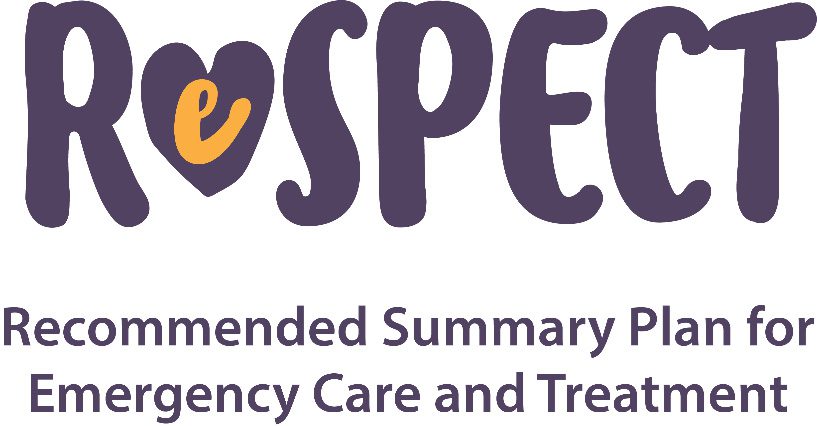Summary
In 2018, there was a mixed picture in the West of England for managing end-of-life and emergency care.
While frail and complex patients might have had do-not-resuscitate forms or treatment escalation plans, few had advance care plans describing what should happen in emergencies. Clinicians and carers had to make decisions about a person’s best interests.
"
What has been incredible is how the whole of the health and social care community within Gloucestershire have come together and driven this project. The cross boundary working, shared learning and respect literally for each other’s roles has been really fantastic to see.
"
A social care provider in Gloucestershire
What the project involved
The ReSPECT process creates a summary of personalised recommendations for a person’s clinical care in case of a future emergency when they don’t have capacity to make or express choices. ReSPECT was developed by the Resuscitation Council, working with NHS stakeholders, patients, and families.
To help make challenging conversations about end-of-life and emergency care easier and to ensure a person’s wishes are recorded and accessible to health care workers in an emergency, the West of England AHSN has supported use of ReSPECT across its local Integrated Care Systems (ICSs).
In June 2018, the West of England AHSN invited the Resuscitation Council to speak at their ‘Exploring approaches to end-of-life care’ event attended by representatives from 54 local health and care organisations. This led to Gloucestershire and Bristol, North Somerset and South Gloucestershire (BNSSG) ICSs agreeing to implement ReSPECT together.
The AHSN organised learning and sharing events to prepare for the joint launch of ReSPECT in October 2019. This covered a combined population of 1.6 million people, including primary care, four acute trusts, four community healthcare providers, one mental health trust, the ambulance service, hospices and voluntary organisations.
Bath and North East Somerset, Swindon and Wiltshire ICS have also implemented ReSPECT, which went live in October 2021.
The AHSN created a suite of support materials, including implementation and training toolkits. The AHSN also worked with the Resuscitation Council to produce educational animations, telling the story of Joe and how his ReSPECT form improved communication and coordinated personalised, individualised care.
Outcomes
As a result of the West of England AHSN’s support and advocacy, all three local Integrated Care Systems now use the ReSPECT process.
Implementation has standardised multiple processes, reducing duplication, improving access to information, and encouraging earlier conversations with individuals and families.
As of September 2021, 15,000 ReSPECT forms had been completed across the West of England.
A digital ReSPECT template was created by a local GP and approved by the Resuscitation Council. The South West Digital Leaders Network (coordinated by the AHSN) successfully lobbied for an opt-out policy for additional information in the Summary Care Record, implemented during Covid-19. This allowed ReSPECT decisions to be visible digitally to ambulance service first responders.
In October 2022, ‘Age and Ageing’ published a study by NIHR ARC West on use of ReSPECT in care homes in the West of England. It found GPs and care home staff see ReSPECT as positive and empowering for residents.
Next steps
ReSPECT continues to inform the AHSN’s patient safety work to manage deterioration and support care homes.
The South West Learning Disabilities Collaborative advocates use of ReSPECT and the AHSN offers free training to care providers to detect and respond to the soft signs of deterioration, alongside the importance of advance care planning.







